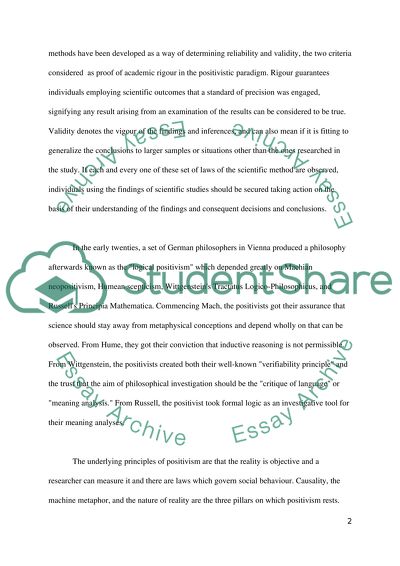Cite this document
(“Sociology: Questionnaire design Essay Example | Topics and Well Written Essays - 2000 words”, n.d.)
Sociology: Questionnaire design Essay Example | Topics and Well Written Essays - 2000 words. Retrieved from https://studentshare.org/sociology/1436399-questionnaire-design
Sociology: Questionnaire design Essay Example | Topics and Well Written Essays - 2000 words. Retrieved from https://studentshare.org/sociology/1436399-questionnaire-design
(Sociology: Questionnaire Design Essay Example | Topics and Well Written Essays - 2000 Words)
Sociology: Questionnaire Design Essay Example | Topics and Well Written Essays - 2000 Words. https://studentshare.org/sociology/1436399-questionnaire-design.
Sociology: Questionnaire Design Essay Example | Topics and Well Written Essays - 2000 Words. https://studentshare.org/sociology/1436399-questionnaire-design.
“Sociology: Questionnaire Design Essay Example | Topics and Well Written Essays - 2000 Words”, n.d. https://studentshare.org/sociology/1436399-questionnaire-design.


